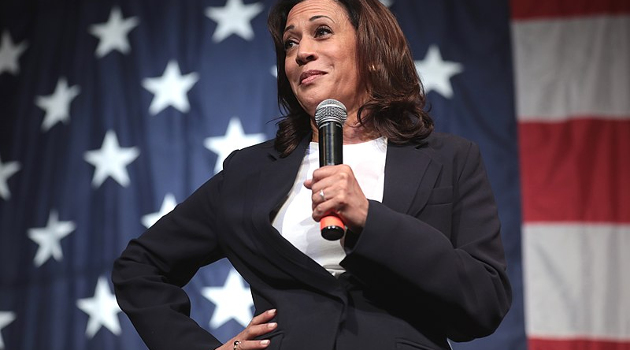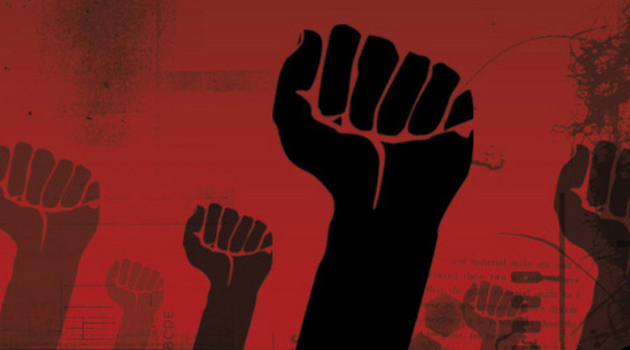
by Dan Mitchell | Jan 5, 2021 | Blogs, Free Market
In an ad during last year’s campaign, Kamala Harris asserted that “equitable treatment means we all end up at the same place.” In other words, lots of class-warfare taxation to finance lots of means-tested redistribution. Here’s an oft-used meme illustrating this...

by Dan Mitchell | Jan 2, 2021 | Blogs, Economics, Free Market
Back on December 28, I shared four charts for the explicit reason that I wanted everyone to understand that average living standards in the western world have skyrocketed over the past few centuries. I could have used that data to clear up myths about “robber barons”...

by Dan Mitchell | Dec 28, 2020 | Blogs, Economics, Free Market
My recent three-part series (here, here, and here) explained why policy makers should seek to reduce poverty rather than inequality. I want to expand on that point today by showing why growing the pie is more important than how it is sliced. I’ve previously opined on...

by Dan Mitchell | Nov 30, 2020 | Blogs, Economics, Free Market, Socialism
I’ve written a couple of times about a disturbingly large share of young people support statist economic policies. A good example can be seen in this polling data from the Pew Research Center (relevant data circled in red). Christopher Ingraham wrote about this survey...

by Dan Mitchell | Nov 20, 2020 | Blogs, Economics, Free Market
Previous editions of the case for capitalism (Part I, Part II, and Part III) have focused on big-picture analyses of markets vs statism. Today, let’s look at a specific product that free enterprise has delivered. Younger readers may take smartphones for granted, but I...






